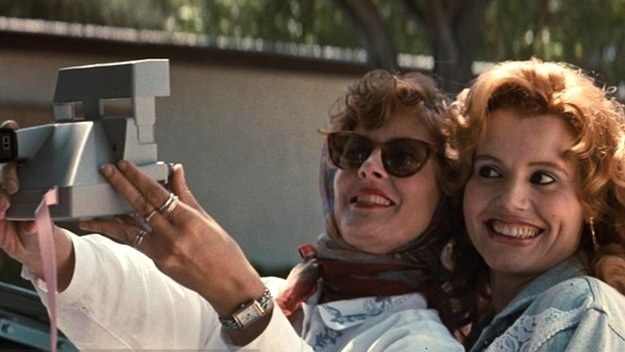
One of the most important and yet least understood areas of psychology is the role of friends in our lives. Most of the research on friendship focuses on children and adolescents. Rarely do researchers seriously address friendships over the majority of our lifespan. It’s not just having friends that play a critical role in our lives but the types of friends we choose. The Gallup Organization’s director, Tom Rath believes that we are all aware of the value of friendship especially during difficult times. In his book, “Vital Friends: The People You Can’t Afford To Live Without,” Rath asserts that if you ask people why they became homeless, why their marriage failed or why they overeat, they often say it is because of the poor quality, or nonexistence, of friendships. Clearly having friends is important. NYC Neuropsychologist Dr. Sanam Hafeez breaks down the “friend personality types” that can enhance our psychological well-being.
8 Kinds of Friends That Every Woman Needs
- “The Confidant” — This is the friend who understands and values discretion. You know when you tell her something 3 other friends won’t find out. What you tell her stays with her. Trust is your bond.
- “The Fun One” —This is the friend who takes your mind off your problems and redirects you toward a positive headspace. She’s the friend who always is up for meeting for a drink, a movie, a spontaneous bite, a party or concert. She puts you in a great mood.
- “The Listener” —This is the friend who doesn’t judge, doesn’t give unsolicited advice but just lets you vent, makes you tea and sits with you. In times of crisis she’s a shoulder to cry on.
- “The Motivator” —This is the friend who sees your potential and inspires you to write that book, take that class, and lose those 20 pounds. She believes you truly can be, do and have anything you imagine and seems to know the right things to say to get you fired up about doing more with your life.
- “The Older One” —This is the friend who is older than you. She has experience and offers wisdom. She’s nurturing but without the judgement of a family member. Her life experience affords her an ease and flow that calms you down and reminds you that life is a journey and every moment, even the ones that seem tough are perfect.
- “The Platonic Man Friend” —This is the guy who offers you a male perspective and sets you straight when you’re being illogical. He simplifies things. He respects you and has your back like a sister. There’s absolutely no sexual tension between you but there’s a genuine caring friendship. There’s a give and take in this friendship. You’re both there for breakups and business wins and losses and when neither one of you has anything to do you can count on one another to check out a movie or a museum.
- “The Happily Married One” — It is so important to have a real view of what marriage truly is. This is the friend who has the perfect caring husband, the kids who do well in school and always greet you with a hug, even their dog is sweet. They live in a great house and you’re welcome anytime. They also have great dinner parties and always seem to know the perfect people for you to meet. Because this friend is married, there is no jealousy factor when you meet the guy of your dreams.
- “The Childhood Friend”— This is a friend who you have history with. She knew your dog that died 10 years ago, your family, your stint in rehab and other significant life events. There is no need to explain significant life events to her- she likely lived them with you. This bond provides security and someone who knows where you came from and what shapes you today.
Friends have a strong positive effect in your life. For example, research shows that having a bunch of good friends increases longevity even more than connecting with relatives and family. Deeply connecting with others actually reduces blood pressure and cholesterol levels.
About the doctor:
Sanam Hafeez Psy.D
Neuropsychologist
Dr. Sanam Hafeez is an appointed faculty member at Columbia University’s PhD program in Clinical Psychology and a New York City based Neuropsychologist. She has written and presented several papers on various aspects of development, learning problems, behavior modification and Post Traumatic Stress Disorder. She freqently appears on CNN and on Dr. Oz.

